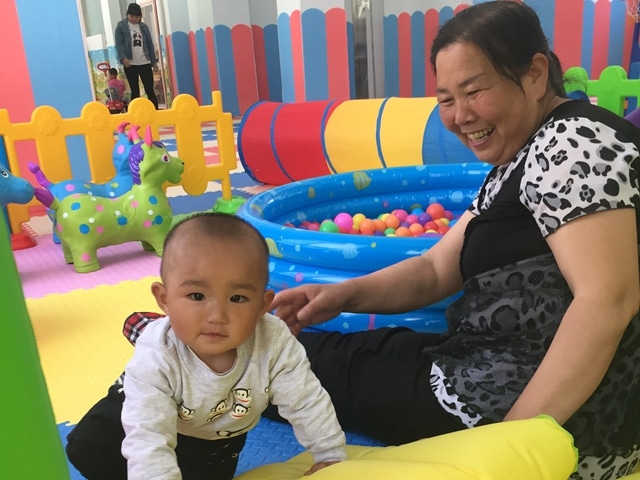A research conducted by the Rural Education Action Program (REAP) shows that about half of the babies in the rural areas of Shanxi province are underperforming in cognitive development. REAP assessed 1808 babies aged from 6 to 30 months using the Bayley Scales of Infant and Toddler Development (a standard series of measurements used primarily to assess the development of infants and toddlers, ages 1–42 months) and found that the percentage of babies with developmental delays in their cognitive skills is way above average. Similar results were found in rural areas of Hebei and Yunnan.
REAP researchers suggest that the delays are mainly caused by a lack of intellectual stimulus, as most of the children aren’t given the chance to read books, hear stories, play games or sing songs. Research shows that only 39.2% of their caregivers played with the children one day before the test, and only 12.6% of them gave their toddlers books to read. During the field studies, researchers also found that these caregivers seldom interact with their children and about 40% of the children are taken care of by people other than their mothers, most likely by their grandmothers, whose parenting methods are outdated.

In order to address these problems, REAP has carried out a number of programs to help improve the quality of parenting in these areas. The organization has provided 70 trained professionals to teach parents how to better engage with and better stimulate their child. It has also constructed a group of parenting centers in villages and cities, to provide recreational facilities, books and toys for babies as well as to educate parents about parenting. Finally, REAP is establishing an online parenting platform called SuperKids (超级孩子). Because the massive efforts and expenses dedicated to these programs can’t be afforded by a research institute, REAP is founding a for-profit company, that will contribute the profits made through products for early childhood development into these parenting centers.



